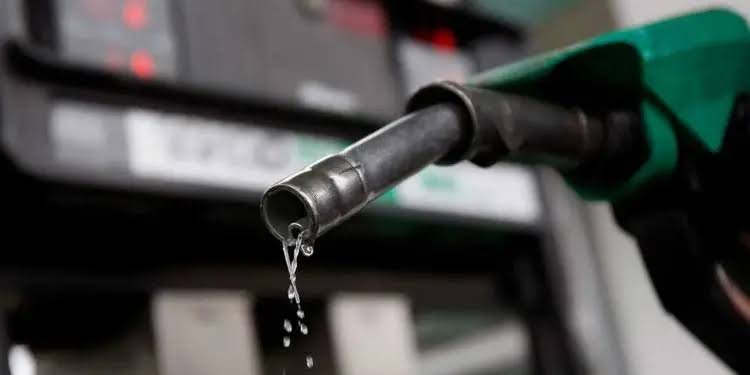Nigerians using compressed natural gas (CNG) are facing long queues at filling stations, sparking concerns about the effectiveness of the Presidential Compressed Natural Gas Initiative.
Truck owners are now spending days waiting in line to refill their cylinders at stations like the NIPCO CNG station in Ibafo.
Former National Secretary of the Independent Petroleum Marketers Association of Nigeria, Mr. Mike Osatuyi, lamented the situation, saying, “Vehicles often spend hours—and trucks, days—at CNG filling stations due to inadequate service capacity.” He attributed the long wait times to the limited number of CNG stations, citing specific areas like Zuba-Kubwa Road, Abuja Airport Road, and the Ibadan Tollgate as examples.
Osatuyi criticised the federal government’s implementation of the CNG initiative, stating that it has “turned it into a national embarrassment despite its noble intent.”
He praised President Bola Tinubu’s initial enthusiasm for introducing CNG as an alternative fuel source but noted that inadequate infrastructure has hindered the initiative’s effectiveness.
Highlighting the benefits of CNG, Osatuyi mentioned “economic viability, environmental sustainability, reduced air pollution, lower transportation costs, and improved safety.” However, he pointed out that the current infrastructure, including conversion centres and CNG refuelling stations, remains insufficient to support the transition to CNG.
Osatuyi urged the government to study and replicate successful global models, saying, “The PCNGi committee should not assume a monopoly of knowledge.” He also called on President Tinubu to intervene directly, suggesting that existing filling stations be allowed to accommodate both CNG and traditional fuels.
Meanwhile, the PCNGI Programme Coordinator, Mr. Michael Oluwagbemi, announced that 175 new CNG refilling stations will be ready in the next 12 to 18 months, which he believes will reduce the stress faced by Nigerians accessing CNG. Oluwagbemi expressed satisfaction with the progress made so far, noting that the number of functional CNG stations has increased from 11 to 65 in 2025.
“We’ve used the better part of last year to kick off a very intense conversion program after an intense awareness campaign that took us across the country,” Oluwagbemi said, adding that the nation is now in a “much better place” than it was last year.

